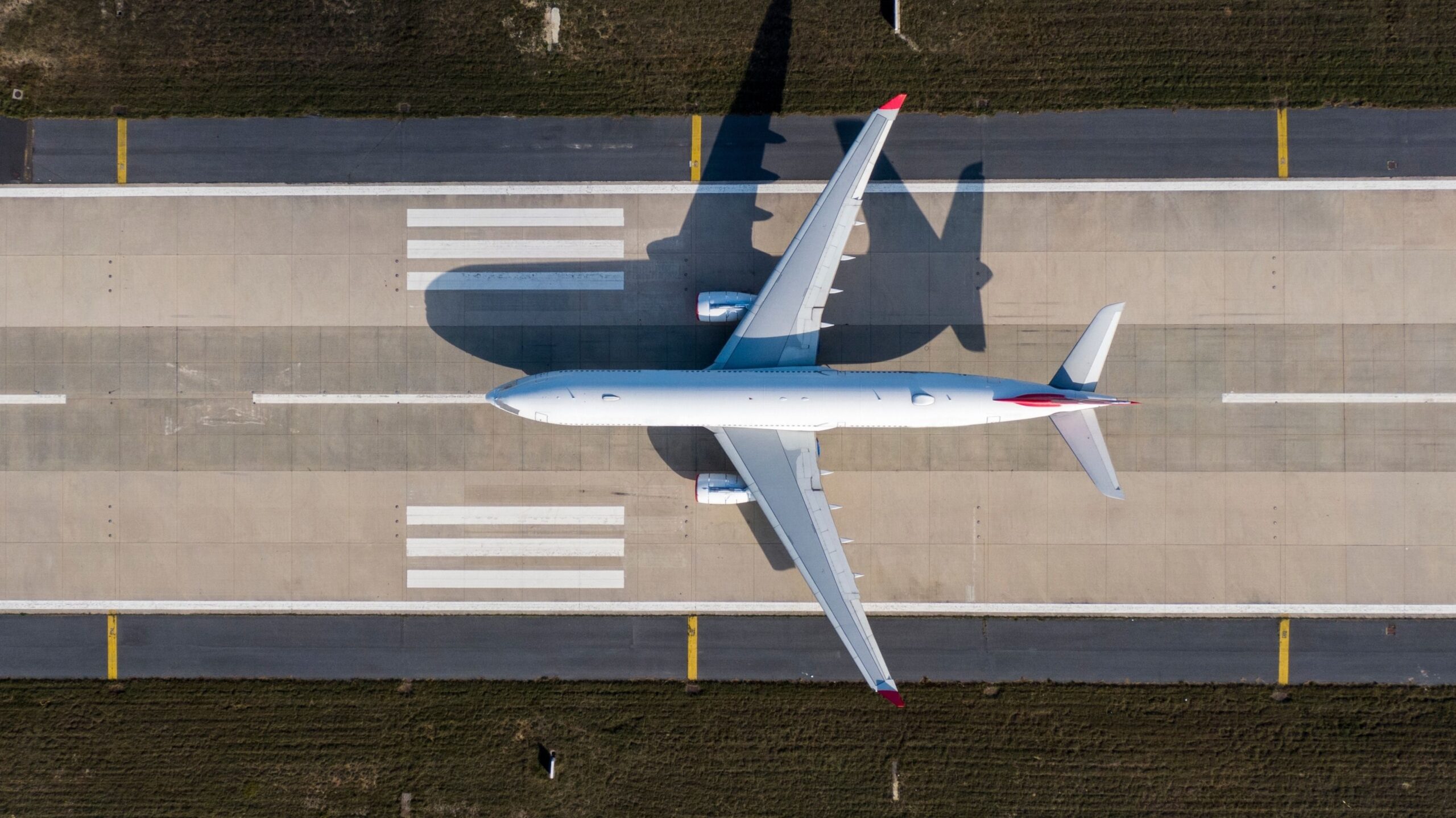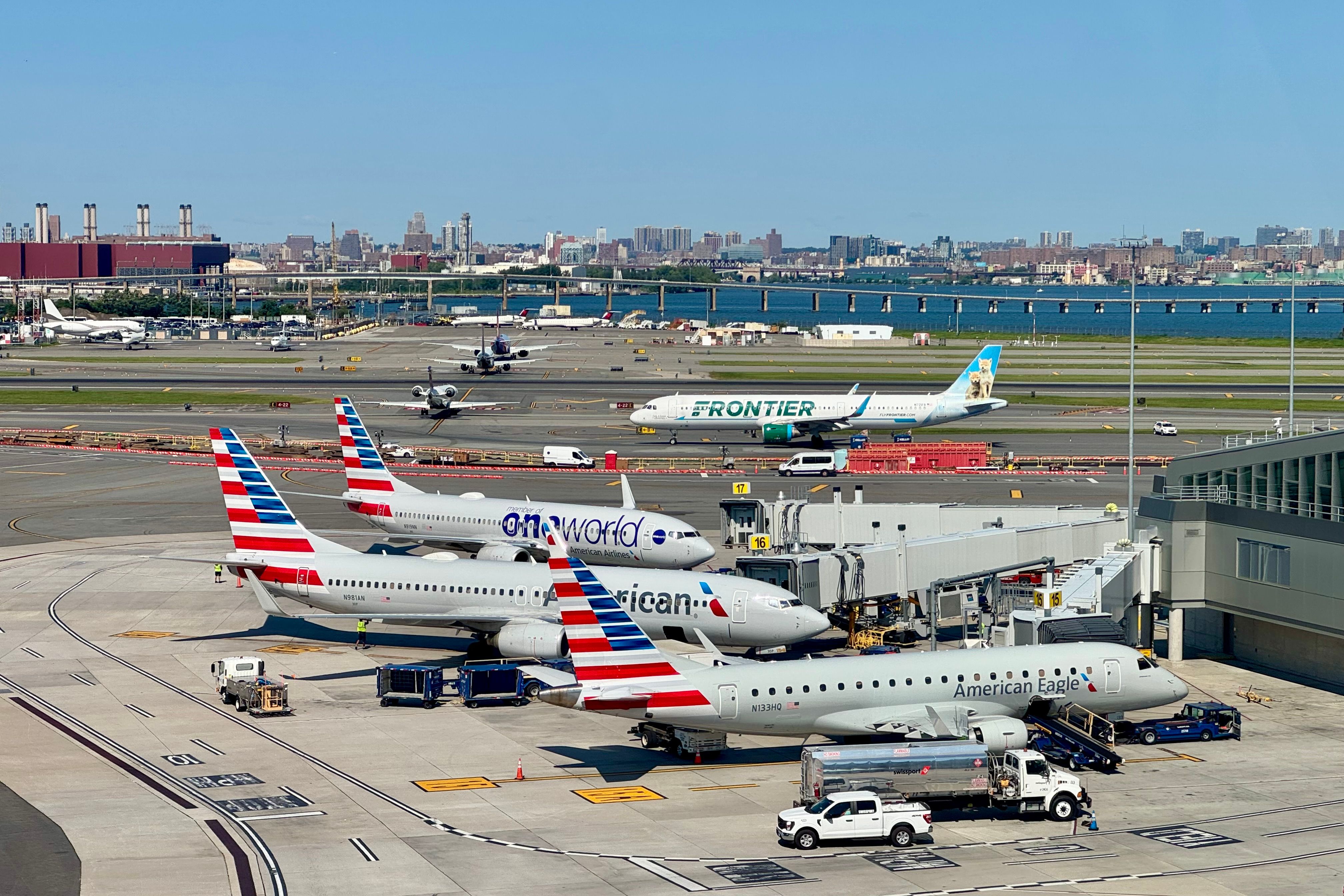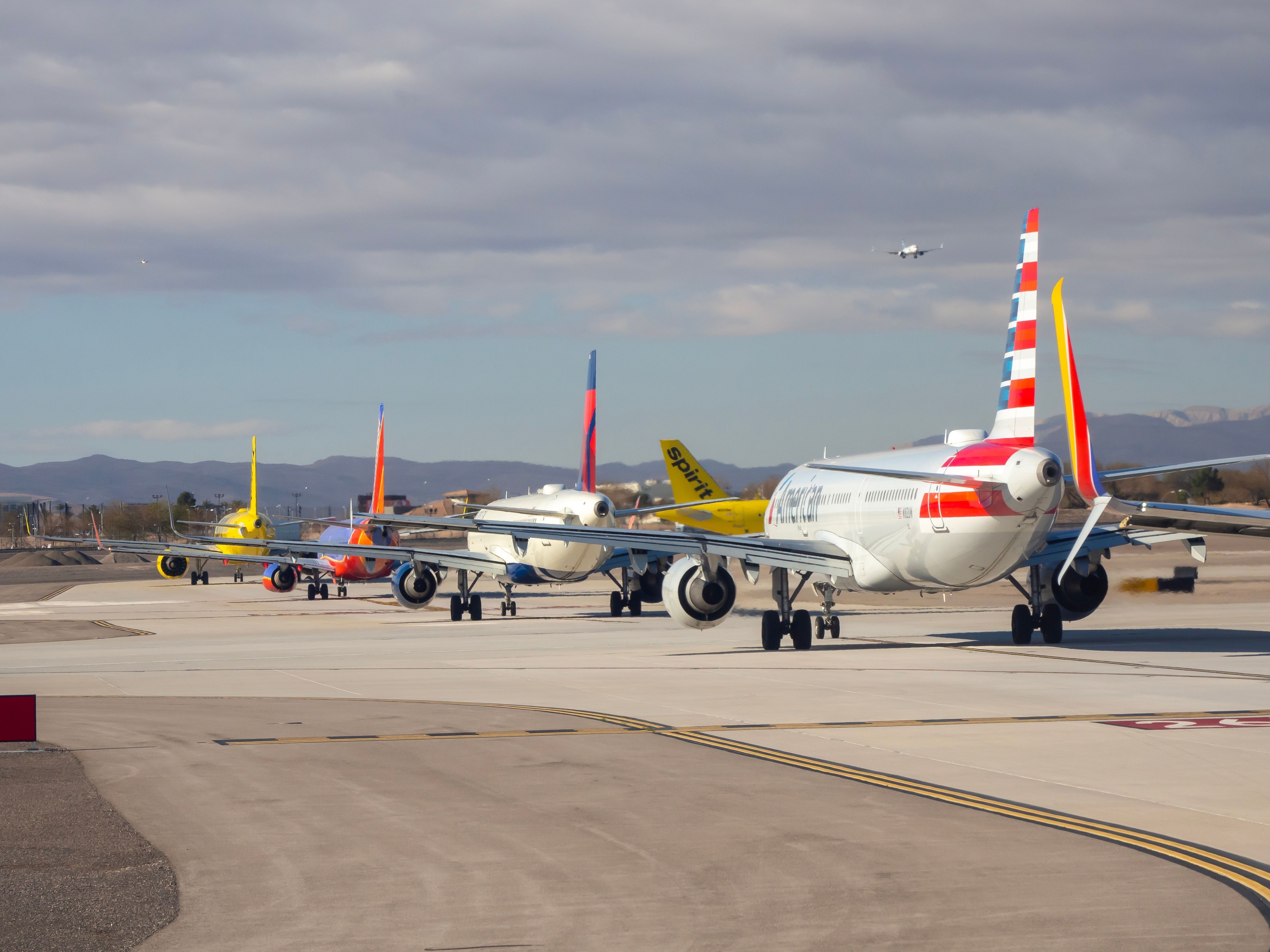The United States Department of Transportation (
DOT
) revealed today that it has launched an inquiry into the four largest airline loyalty programs in the US. The inquiry is being conducted to protect frequent flyers from potentially unfair, deceptive, or anticompetitive practices and will require airlines to justify any devaluations made over the past six years.
What is happening?
The US Secretary of Transportation, Pete Buttigieg, announced he has sent letters to American Airlines, Delta Air Lines, Southwest Airlines, and United Airlines, ordering them to provide extensive reports regarding their rewards programs, practices, and policies by December 4th. The DOT will then use the data to determine how the devaluation of earned rewards, hidden or dynamic pricing, extra fees, and reduced competition impacts loyalty program members.
According to the DOT, it launched this review to examine the “fairness, transparency, predictability, and competitiveness of airlines’ rewards programs.” As the governing body for aviation in the US (The Federal Aviation Administration falls under the DOT), the Department has the authority to investigate and take action against airlines for what is found to be unfair or deceptive practices or methods of competition within the air transportation sector. In a statement, US Transportation Secretary Pete Buttigieg revealed some of the reasoning behind the inquiry and how it aims to help consumers:
“Points systems like frequent flyer miles and credit card rewards have become such a meaningful part of our economy that many Americans view their rewards points balances as part of their savings.
“These programs bring real value to consumers, with families often counting on airline rewards to fund a vacation or to pay for a trip to visit loved ones. But unlike a traditional savings account, these rewards are controlled by a company that can unilaterally change their value. Our goal is to ensure consumers are getting the value that was promised to them, which means validating that these programs are transparent and fair.”
The announcement follows meetings held between the DOT and 11 US airlines to discuss their rewards programs as part of a more extensive industry review.
What does the letter say?
The letter signed by Secretary Buttigieg requires American Airlines, Delta Air Lines, Southwest Airlines, and United Airlines to submit an extensive amount of information regarding their respective loyalty programs. The four airlines now have three months to describe each change made to their rewards program over the last six years, how it impacted existing points and status, and what options were provided to members to avoid losing any value or benefits they had already earned. The data will help the DOT better understand and identify any ways in which customers might be harmed or taken advantage of over the past six years. The letter to airlines, which Simple Flying has reviewed, is eight pages long and asks for information on four primary areas.
The devaluation of earned rewards
Several airline programs have made changes in recent years that customers find reduced the value of their earned points and miles. One example cited by the DOT is airlines applying changes that may “move the goal post” by increasing the number of points needed for redemption or status upgrades. Other ways airlines may potentially make earned points less valuable include imposing new restrictions for point redemptions, limiting who can use the points to travel, adding or changing an expiration date, adding new hurdles to qualify for status, or taking complimentary benefits by requiring a higher status to receive them.
Hidden and dynamic pricing
Airline loyalty programs worldwide have mostly shifted to redemption tied to the ticket price instead of the flight length. While this makes redemptions more complicated, some would argue that it rewards the most loyal customers who are willing to pay a premium to fly with their preferred airline. The DOT has stated that it is concerned that this practice makes it harder to compare the redemption price against the cash price of a flight and can mask disparities between a point’s purchase price and its dollar value. As a result, the airlines in question must now provide the average dollar value of one reward point, the value of a point when it is redeemed for various services, and the price to purchase a point directly from the airline.
Airlines make a significant amount of money through ancillary fees. While this is common for low-cost carriers, it can also extend to frequent flyer programs, with airlines adding extra fees for passengers to maintain, redeem, or transfer points they have already earned. Accordingly, the letter asks airlines to separately identify and describe each fee that is associated with each rewards program, the rationale for charging that fee, and the associated cost for the airline. Carriers must also show how much these amounts differ, explain the markup, and provide accounting records to support any cost rationale.
Reduction in competition and choice
The Department also recognized that frequent flyer programs are valuable financial assets. For many carriers, they can even be used as collateral, and loyalty programs are a crucial part of airline mergers. The DOT is concerned these mergers can eliminate or reduce competition and choice for frequent flyers or cause members to lose value, rewards, or status in the transition. As such, the four airlines must describe and provide documents related to their mergers involving rewards programs, their rewards program partnerships, and how they react to other airlines’ competing rewards programs.
The last point is interesting as DOT approval is one of the last steps required for a merger between Alaska Airlines and Hawaiian Airlines. While neither of the carriers is listed as having received the letter, any responses from the other airlines could potentially impact the DOT’s ruling, should it come after the December deadline for submissions. Notably, United Airlines has recently raised concerns that a potential Hawaiian-Alaska merger could be detrimental to its frequent flyers, who have a special points-earning agreement with Hawaiian. The full letter can be found below.
The sending of this letter follows a public hearing on airline and credit card programs held in May by Secretary Buttigieg and the Director of the Consumer Financial Protection Bureau, Rohit Chopra. At the hearing, smaller US airlines spoke about the consumer-friendly policies of their respective programs while expressing some competition concerns about how rewards programs are leveraged by the four largest airlines, none of which sent representatives to the summit.
How are airlines reacting?
The airlines are naturally protective of their programs and have each indicated they are ready and willing to comply with the request. When reached for comment by Simple Flying, a spokesperson for
![]() Delta Air Lines
Delta Air Lines
highlighted how valuable the carrier’s repeat customers are:
“Our Members’ loyalty means everything to us, and providing a meaningful rewards experience is the top priority within Delta’s SkyMiles Program. We received the DOT’s inquiry and will respond accordingly.”
Representatives for American Airlines and United Airlines deferred to Airlines For America, the trade association representing the interests of the leading aircraft operators in the United States. Speaking to Simple Flying today, an Airlines for America spokesperson highlighted that since Americans are offered so many choices regarding frequent flyer programs, airlines are forced to be competitive and transparent about their respective programs.
A
Southwest Airlines
representative noted how the carrier’s Rapid Rewards program’s policies are benefiting travelers:
At Southwest, we take great pride in our award-winning Rapid Rewards program, which includes flexible travel policies and unmatched availability of reward seats.
Our commitment to providing Customers with Rapid Rewards points that never expire, regardless of how they’re earned, has led us to have double the industry average of seats booked with points. Millions of Customers rely on our Rapid Rewards program for their vacations or personal travel needs by using points that can be redeemed for Southwest flights, hotels, car rentals, gift cards, and more.
Photo: MC MEDIASTUDIO | Shutterstock
Not everyone believes that frequent flyer programs take advantage of consumers. A report by the DOT’s own Consumer Protection Bureau earlier this year found the average value of rewards earned has also grown from 1.4 cents per dollar spent in 2019 to 1.6 cents in 2022.



